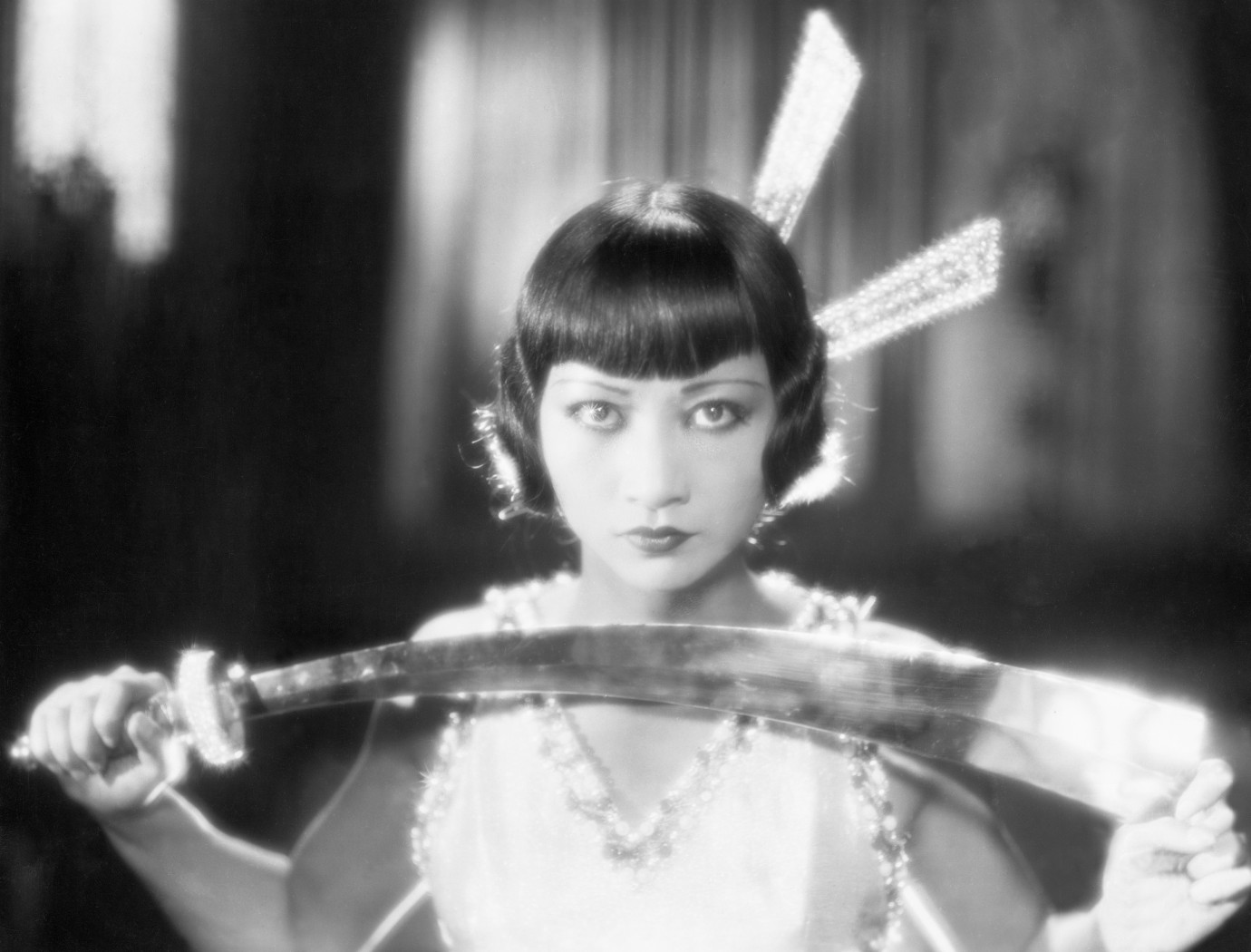Song. Die Liebe eines armen Menschenkindes
Show Life
Source: Deutsche Kinemathek, © Heinrich Gärtner

Heinrich George, Anna May Wong
Song. Die Liebe eines armen Menschenkindes | Show Life by Richard Eichberg
DEU/GBR 1928, Retrospective
Source: Deutsche Kinemathek, © Heinrich Gärtner

Anna May Wong
Song. Die Liebe eines armen Menschenkindes | Show Life by Richard Eichberg
DEU/GBR 1928, Retrospective
Source: Deutsche Kinemathek, © Heinrich Gärtner

Anna May Wong
Song. Die Liebe eines armen Menschenkindes | Show Life by Richard Eichberg
DEU/GBR 1928, Retrospective
Source: Deutsche Kinemathek, © Heinrich Gärtner
After a dispute fuelled by jealousy, knife thrower John is stranded in an Asian port. There, he rescues the young Chinese woman Song from the violent clutches of two libertines. Deciding that she is the ideal partner for his act, they begin performing together at a vaudeville theatre. One day, John’s former mistress, the stylish dancer Gloria, turns up. John needs money to win her back, so he takes part in the robbery of a mail train and ends up losing his eyesight. He attributes all the good things that happen to him from then on to Gloria. But in reality, it is Song who has been devoted to him all along ... This melodrama set in exotic locales is considered the most mature work of Richard Eichberg, a busy director who worked across all genres. With delicate Hollywood star Anna May Wong, and heavyweight Heinrich George as the leads, Song unfolds as a dazzling visual interplay of contrasts. Moving between dive bar and cabaret, ocean liner and night train, this German-British co-production represented Weimar cinema’s first foray into the milieu of European ex-pats in a colonial setting, which was very attractive for western foreign markets.
With
- Anna May Wong
- Heinrich George
- Mary Kid
- Hans Adalbert Schlettow
- Paul Hörbiger
- Julius E. Herrmann
Crew
| Director | Richard Eichberg |
| Screenplay | Adolf Lantz, Helen Gosewisch based on the novella “Schmutziges Geld” (1925) by Karl Vollmoeller |
| Cinematography | Heinrich Gärtner, Bruno Mondi |
| Set Construction | Willi A. Herrmann |
Produced by
Eichberg-Film GmbH
Additional information
Film Print: British Film Institute, London